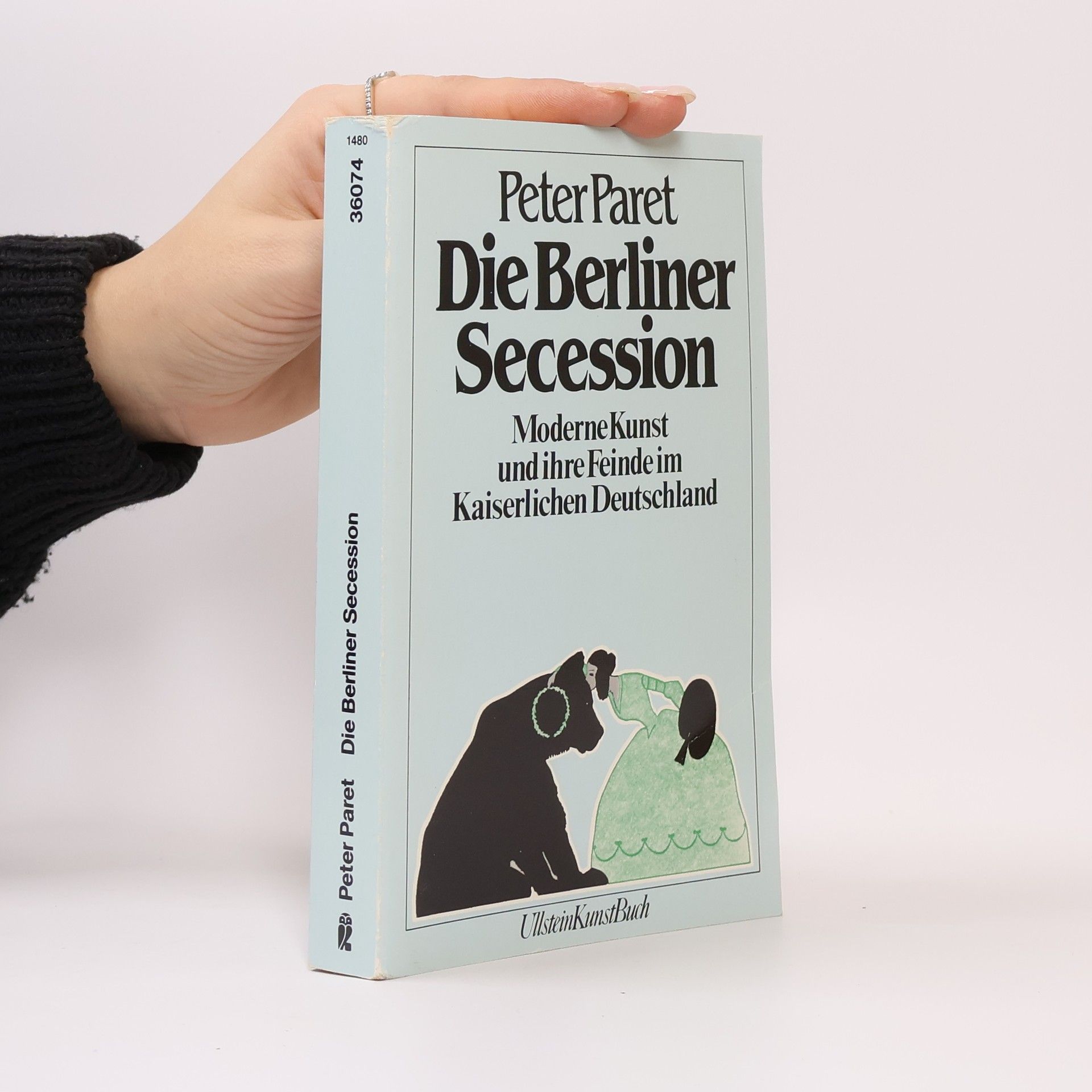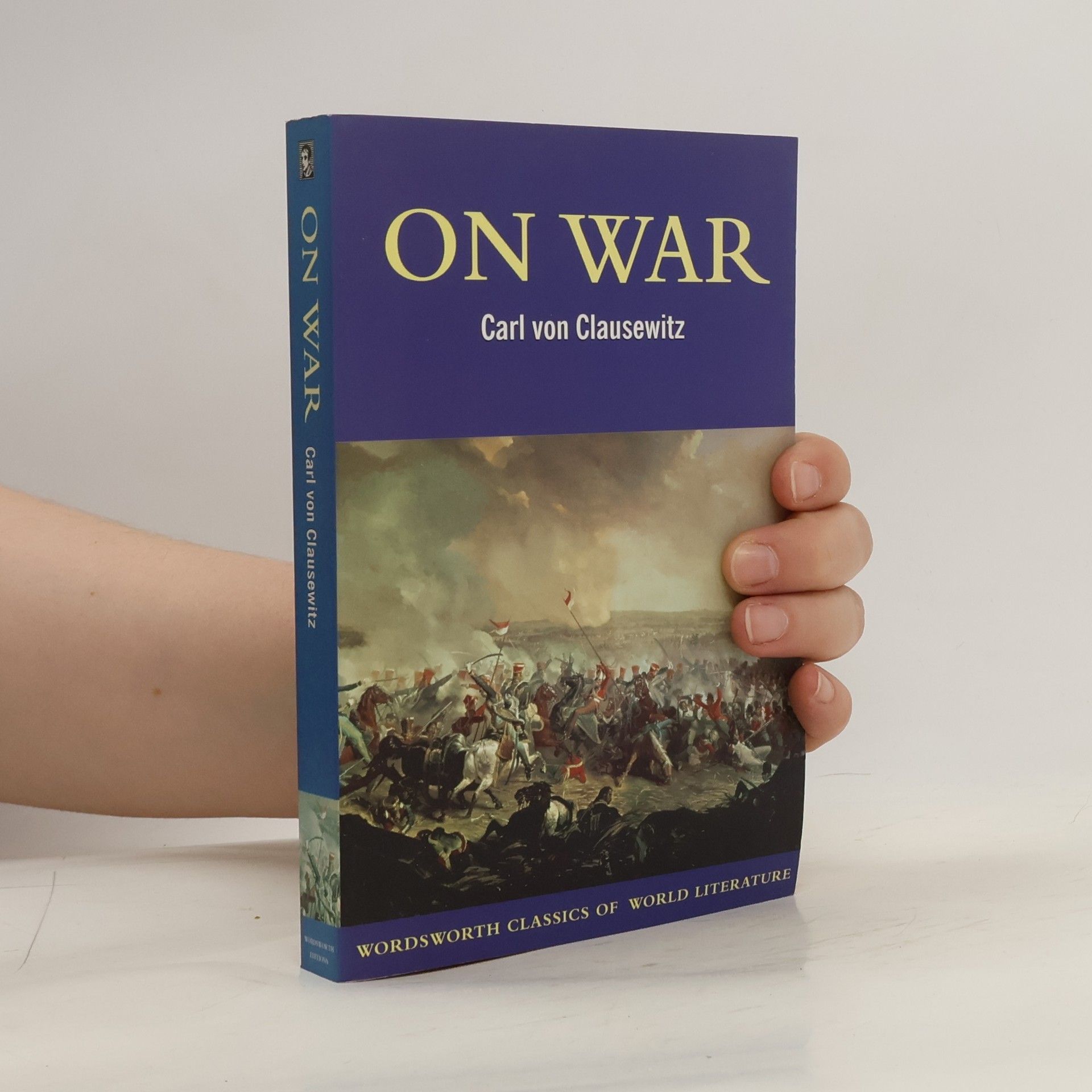On War
- 400 páginas
- 14 horas de lectura
In both a philosophical and a practical work, Clausewitz defines the essential nature of war, debates the qualities of a great commander, assesses the relative strengths of defensive and offensive war, and - in highly controversial passages - considers the relationship between war and politics.



